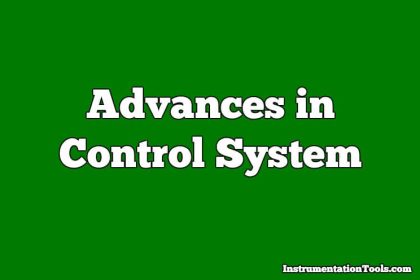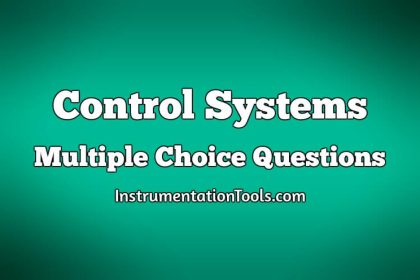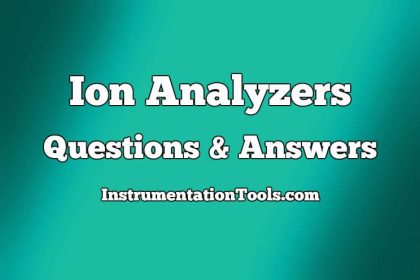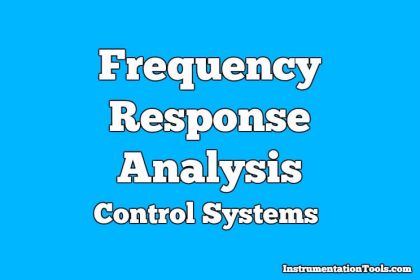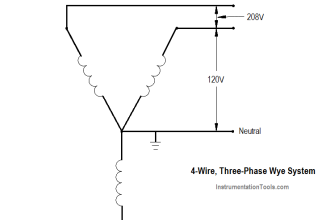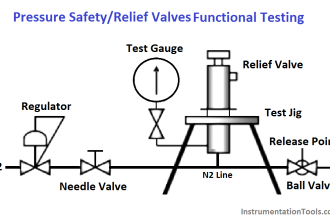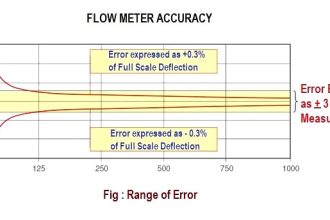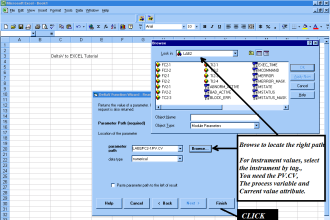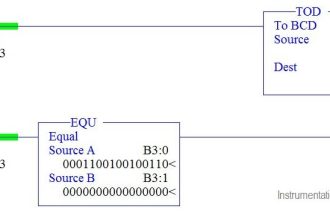Liquid Chromatography Questions & Answers
1. Which of the following is the disadvantage of reciprocating pump used in liquid chromatography?
a) Produces pulsed flow
b) Corrosive components
c) Does not have small hold-up value
d) Does not have moderate flow rate
Answer: a
Explanation: The disadvantage of reciprocating pump used in liquid chromatography is that it produces pulsed flow. Therefore, the flow must be damped before it affects the column.
2. Which of the following is not a disadvantage of Pneumatic pumps used in liquid chromatography?
a) Pulsed output
b) Dependent on solvent viscosity
c) Dependent on back pressure
d) Inconvenient for solvent gradient elution
Answer: a
Explanation: Pneumatic pumps provide pulse free output. They are inexpensive.
3. Which of the following is not a desired characteristic of pulse dampers or flow smootheners used in liquid chromatography?
a) Easy mobile phase change over
b) Constant flow must be maintained
c) Should be effective at low system pressure
d) Maximal dead volume
Answer: d
Explanation: Pulse dampers are used to avoid variations in flow. They must have minimal dead volume.
4. Which of the following will improve the efficiency of separation process in liquid chromatography?
a) Increase in sample size, increase in column diameter
b) Reduction in sample size, increase in column diameter
c) Increase in sample size, reduction in column diameter
d) Reduction in sample size, reduction in column diameter
Answer: d
Explanation: Reduction in sample size and reduction in column diameter will improve the efficiency of separation process in liquid chromatography. The effect of uneven flow will also be reduced.
5. Which of the following are the practical problems that arise due to the decrease in column diameter?
a) Requirement of large particle size and high pressure drop
b) Requirement of large particle size and low pressure drop
c) Requirement of small particle size and high pressure drop
d) Requirement of small particle size and low pressure drop
Answer: c
Explanation: The practical problems that arise due to decrease in column diameter are requirement of small particle size and high pressure drop. But, it increases column efficiency.
6. Which of the following is not true about guard column used in liquid chromatography?
a) It filters particles that clog the separation column
b) It extends the lifetime of separation column
c) It allows particles that cause precipitation upon contact with stationary or mobile phase
d) The size of packing varies with the type of protection needed
Answer: c
Explanation: Guard column removes particles that cause precipitation upon contact with stationary or mobile phase. It is placed before the separation column.
7. Which of the following columns are not used in liquid or high performance liquid chromatography?
a) Analytical column
b) Separation column
c) Guard column
d) Capillary column
Answer: d
Explanation: Capillary column is used in gas chromatography. Analytical column is also known as separation column.
8. Which of the following is not a Column-type Liquid chromatography?
a) Gel permeation
b) Ion exchange
c) Liquid-solid
d) Paper
Answer: d
Explanation: Paper chromatography is not a column-type chromatography. It makes use of strips of hollow cylinders of filter paper.
9. Which of the following is not true about radial compression column when compared to standard separation column?
a) Internal diameter decreases
b) Overall operating pressure decreases
c) Analysis time decreases
d) Solvent flow increases
Answer: a
Explanation: Radial compression columns have a wider diameter than standard separation column. The cartridges used are of low cost.
10. Which of the following is not true about narrow bore column when compared to standard columns?
a) Internal diameter decreases
b) Volumetric flow decreases
c) Solvent cost is saved
d) Detector response time increases
Answer: d
Explanation: Detector response time increases in narrow bore columns. High purity solvents must be used in these columns.
11. Which of the following types of liquid chromatography uses immobilized biochemical as stationary phase?
a) Ion exchange chromatography
b) Exclusion chromatography
c) Affinity chromatography
d) Gel permeation chromatography
Answer: c
Explanation: In Affinity chromatography, immobilized biochemical is used as stationary phase. It is used to separate one or few solutes from hundreds of unretained solutes.
